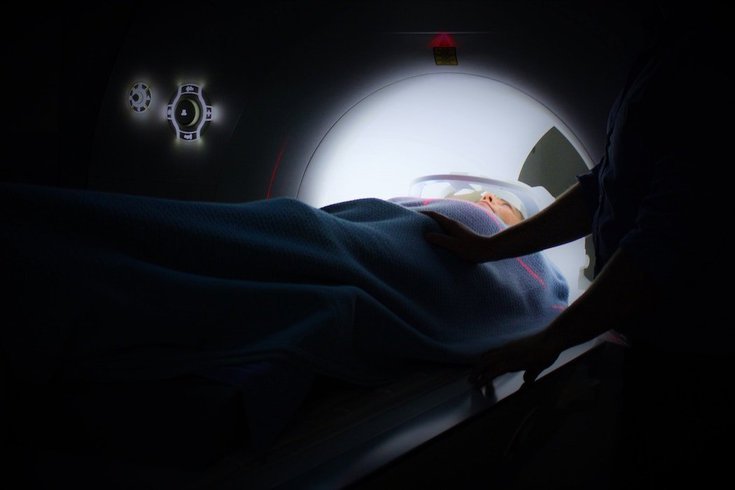
November 02, 2023
 KEN TRELOAR/UNSPLASH.COM
KEN TRELOAR/UNSPLASH.COM
New lung cancer screening guidelines from the American Cancer Society recommend yearly CT scans even for people who quit smoking at least 15 years ago.
Millions more current and former smokers are advised to get annual lung cancer screenings under updated guidelines released Wednesday by the American Cancer Society.
Yearly scans now are recommended even for people who quit smoking at least 15 years ago – the former cutoff point set by the ACS a decade ago. The age range for regular screenings is now 50-80, having expanded from 55-74. And the length and intensity of smoking history needed to be eligible for regular screenings is shorter, too. People who smoke or smoked the equivalent of one pack of cigarettes a day for 20 years now should get screened annually; the previous guideline was a pack a day for 30 years.
Altogether, these guidelines affect about 5 million people who previously were not advised to receive annual scans, according to the ACS.
"Recent studies have shown extending the screening age for persons who smoke and formerly smoked, eliminating the 'years since quitting' requirement and lowering the pack per year recommendation could make a real difference in saving lives," said Robert Smith, senior vice president of early cancer detection science at the American Cancer Society.
Though smoking rates have fallen in the U.S. in recent decades, lung cancer remains the nation's leading cause of cancer death and is the second-most frequently diagnosed cancer in both men and women. An estimated 238,340 new lung cancer cases will be diagnosed this year and 127,070 people will die from the disease, according to ACS.
Lung cancer can occur at any age, but most people are diagnosed at 65 or older. Screening is important because the risk of developing lung cancer increases with age, even among people who have quit for long periods.
"Over time, we now see that the risk continues for men and women in their 60s and above, and so that is exactly the time when you should be screening because that's when their cancer risk is actually the highest," William Dahut, ACS's chief scientific officer, told CNN.
The new recommendations could reduce lung cancer deaths by 21% compared to the previous guidelines, according to the ACS. Early detection greatly improves chances of survival. People treated for non-small-cell lung cancer, the most common form of the disease, have a five-year survival rate of 65% if the cancer has not spread outside the lung. Survival rates decrease sharply if the cancer has spread, which might be preventable with regular screening.
Only about 10-15% of people who meet the guidelines for lung cancer screenings have actually gotten a CT scan, the only recommended screening for the disease. Many who have gotten screened do not return yearly for follow-up screenings, in part because they may believe the initial results have cleared them.
Although screenings sometimes can lead to false positives and over-diagnosis, experts believe the benefits outweigh the risks because advances in care have made these outcomes less likely, the Washington Post reported.
The ACS hopes the revised guidelines will increase awareness of lung cancer screening and encourage a broader group of people to make it an annual routine. The new guidelines are closely aligned with those from the U.S. Preventive Services Task Force, which still says people ages 50-80 who have quit smoking for 15 or more years do not need further screening.
About 11% of adults were smokers in 2022, according to preliminary survey data from the U.S. Centers for Disease Control & Prevention. That's down from roughly 20.9% in 2005 and follows a more gradual decline from a peak in the middle decades of the last century, when a little under half of adults smoked cigarettes.
"The good news is our research shows the number of new lung cancer cases diagnosed each year continues to decrease, partly because more people are quitting smoking (or not starting)," Smith said. "The number of deaths from lung cancer continues to drop as well, due to fewer people smoking and advances in early detection and treatment, but we still have to do better. This updated guideline is a step in the right direction."